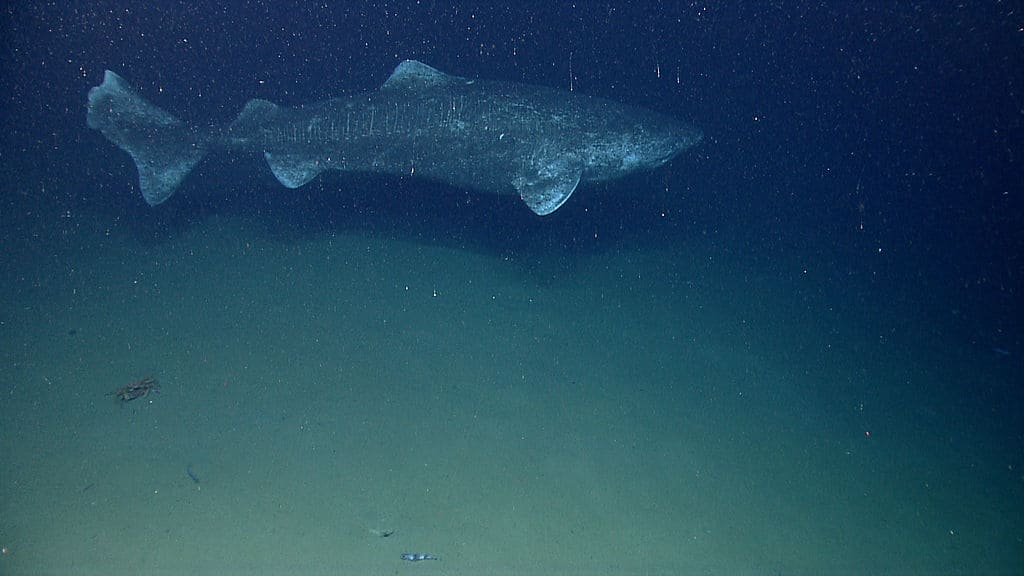Sharks have long fascinated and terrified humans alike, largely due to their ancient lineage and role as apex predators of the ocean. Among these ocean dwellers, one particular species stands out not for its ferocity, but for its incredible longevity. The Greenland shark, a creature cloaked in mystery, may hold the title of the oldest living vertebrate on the planet. Recent research suggests that some individuals might live over 500 years, revealing secrets about life in the depths. Dive in to explore the remarkable story of this ancient ocean giant.
The Majestic Greenland Shark

The Greenland shark dwells primarily in the icy waters of the North Atlantic and Arctic Oceans. Known scientifically as *Somniosus microcephalus*, this unique species can grow up to 24 feet in length and weigh around 2,200 pounds, making it one of the largest sharks in existence. Despite its size, the Greenland shark is a slow-moving giant, cruising through the depths with a calm that belies its prowess as a predator.
The Enigma of Shark Longevity

Sharks are already known for their impressive lifespans, but the Greenland shark takes this to an entirely new level. Only recently have scientists begun to uncover the astonishing lifespan of this species, thanks to advances in research methods, elevating it to the status of one of nature’s most ancient living organisms.
Unraveling the Age Mystery
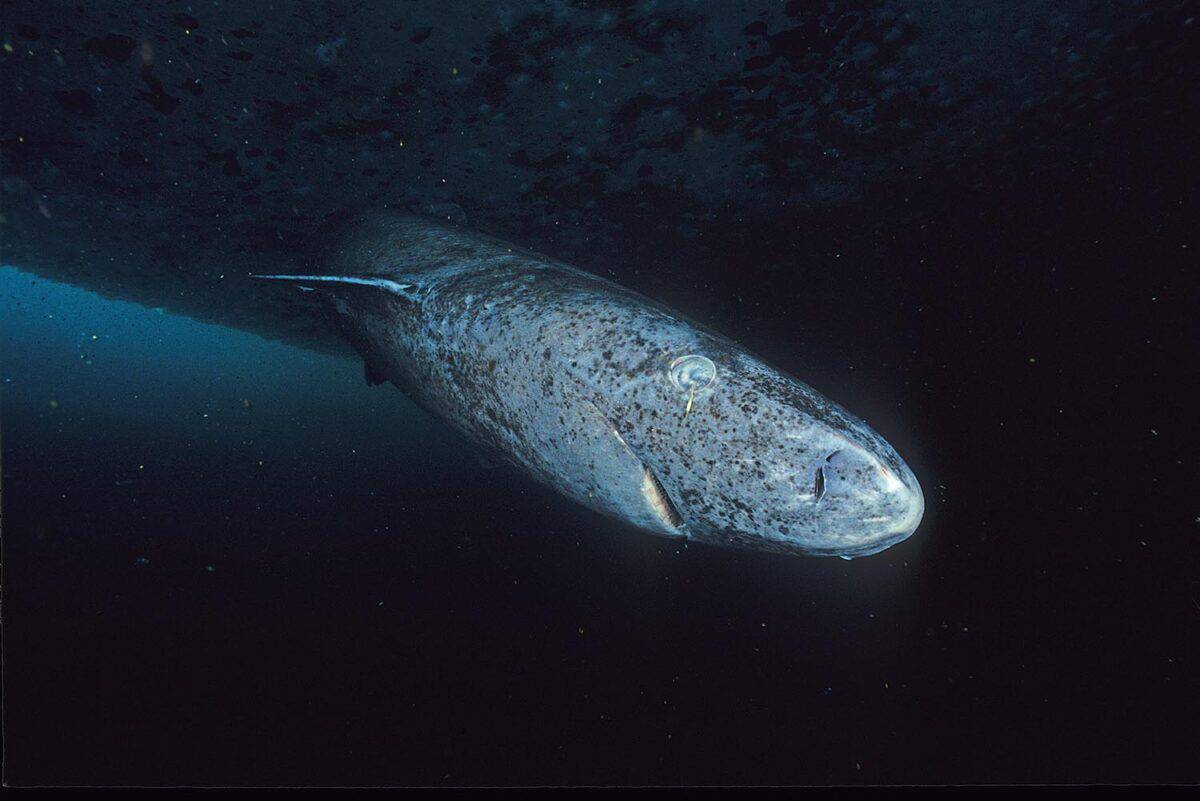
Determining the age of a Greenland shark is not straightforward. Unlike other sharks, they lack calcified structures like bones, which complicates the traditional methods of age estimation. Scientists have turned to radiocarbon dating of the eye lenses, which reveal age-related changes and have provided striking insights into the lifespan of these creatures.
A Surprising Discovery
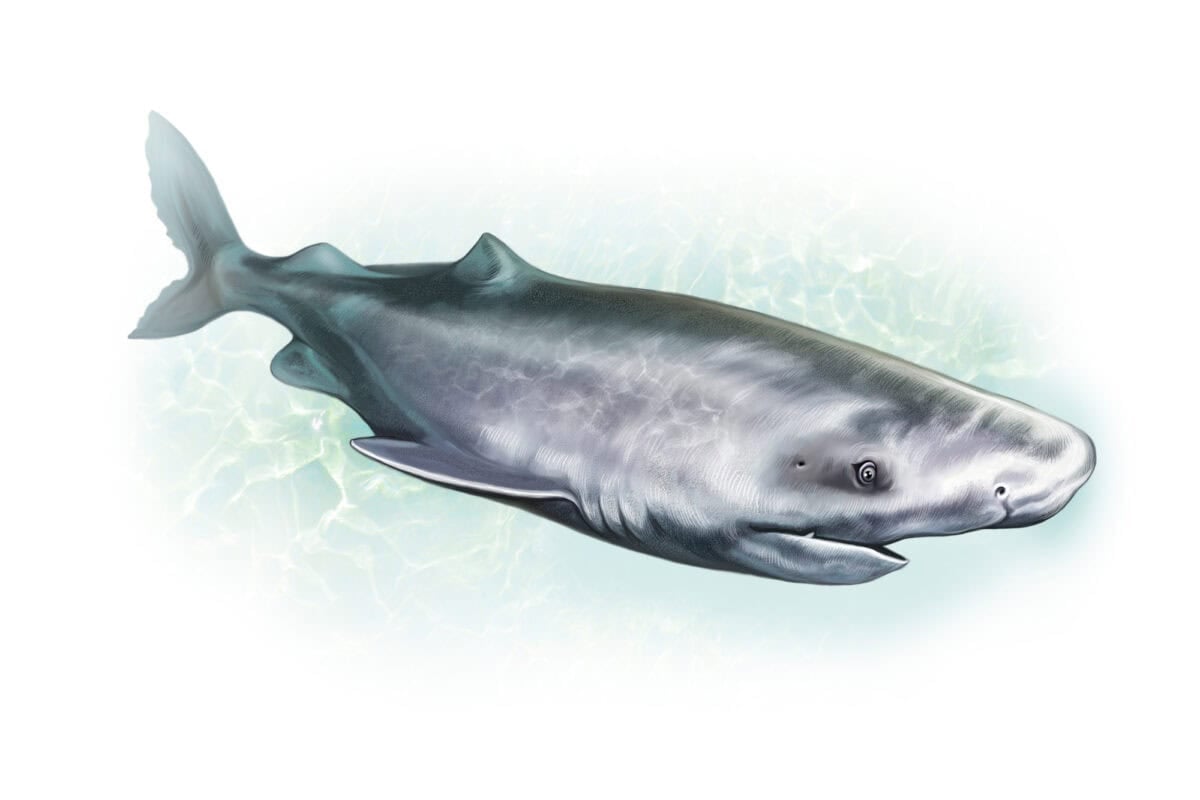
In a groundbreaking study, researchers analyzed eye lens proteins from 28 Greenland sharks, revealing ages that ranged from 272 to 512 years. The maximum estimation suggests the presence of sharks in the ocean during the time when Leonardo da Vinci painted the Mona Lisa, offering a fascinating snapshot of ancient life’s potential longevity.
Growth Rate and Age

The Greenland shark grows exceptionally slowly, about 0.5 to 1 cm per year, contributing to its lengthy lifespan. This slow growth rate means that it takes more than a century for the sharks to reach maturity and emphasizes their incredible patience and adaptation to the harsh Arctic environment.
Living Deep Beneath the Waves

These elusive sharks inhabit depths ranging from 600 to 2,400 meters and prefer cold waters, with temperatures hovering near freezing. Their preference for deeper waters reduces their visibility to humans and contributes to the mystique surrounding their longevity and lifestyle.
Feeding Habits and Diet

Greenland sharks are carrion eaters, feeding primarily on decaying flesh, but they are also opportunistic hunters. They possess a varied diet, ranging from fish and marine mammals to carrion and cephalopods. Their slow movement aids in a stealthy approach to prey in the deep ocean.
Threats to the Greenland Shark

Although not threatened by natural predators due to their size and environment, Greenland sharks face challenges from human activity, such as fishing bycatch and climate change. These activities could impact their populations, underscoring the importance of conservation efforts.
Ecology and the Role in the Ecosystem
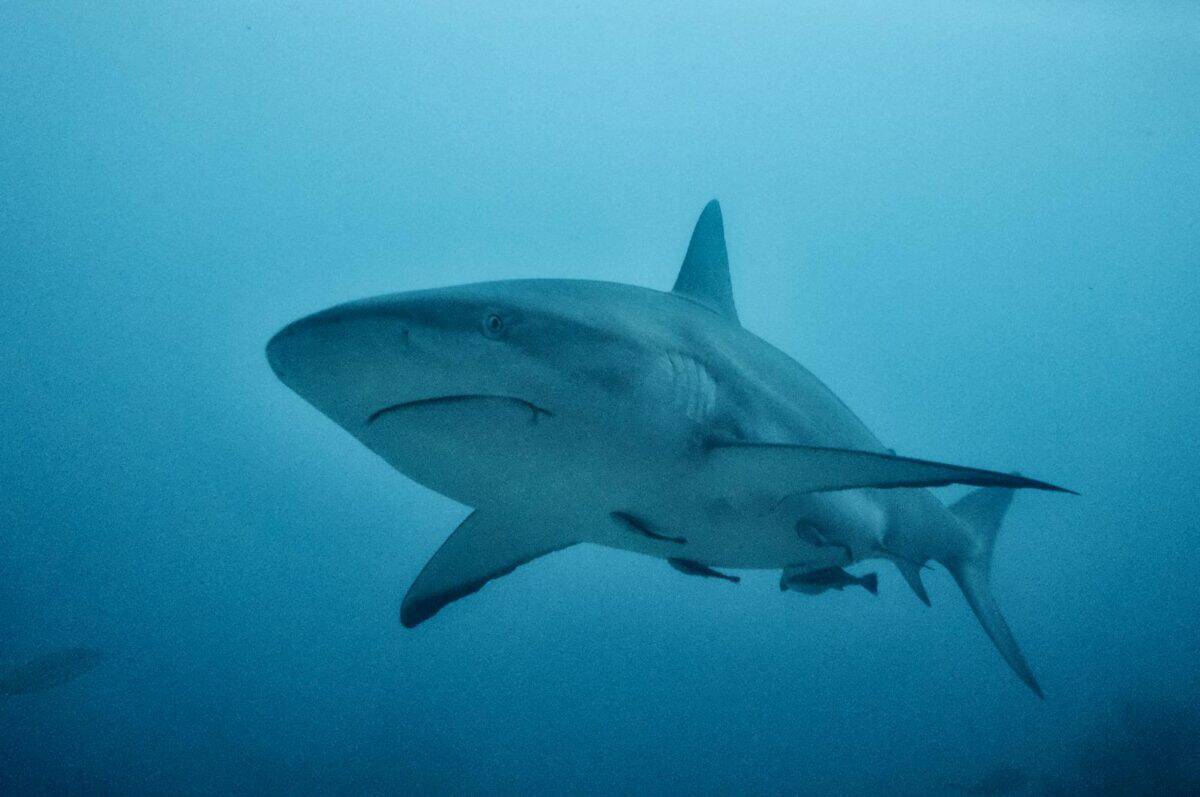
Historically under-studied, Greenland sharks play a critical role in their ecosystem as both predators and scavengers. They are essential in regulating the populations of other marine creatures and help maintain the ecological balance in the Arctic waters.
Conservation Concerns

Given their slow reproduction rate and late maturity, Greenland sharks are vulnerable to overfishing and environmental changes. Understanding their ecology and implementing conservation measures are crucial to ensure the survival of this extraordinary species for future generations.
Learning from the Longevity of Greenland Sharks

The Greenland shark’s extreme lifespan offers insights into aging and longevity that could have implications for human health and medicine. Studying these sharks might unlock secrets about cell regeneration and age-related diseases, presenting potential benefits beyond the field of marine biology.
The Future of Greenland Shark Research

While much has been uncovered about this mysterious species, the Greenland shark continues to present more questions than answers. Continued research will enhance our understanding of these remarkable creatures and contribute to broader scientific findings regarding longevity and deep-sea life.
Conclusion: Guardians of the Deep
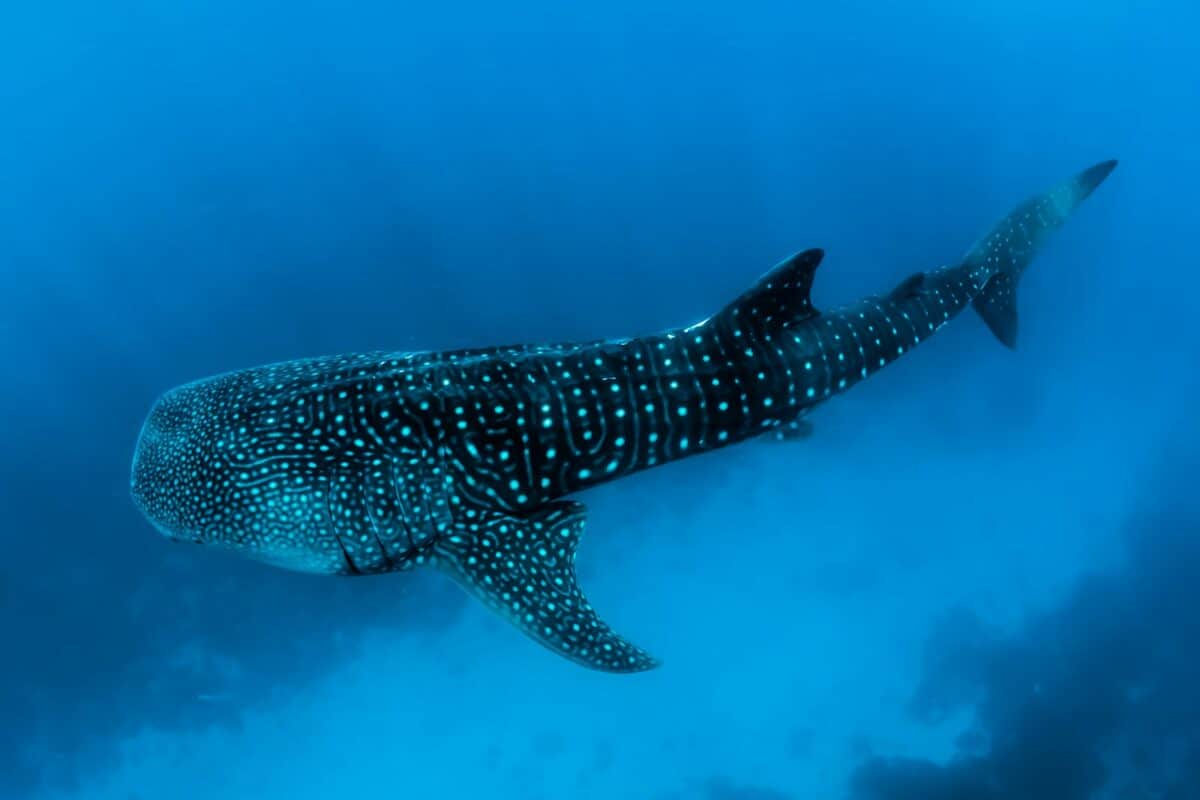
The Greenland shark’s story is one of quiet endurance and survival in some of Earth’s most challenging environments. As we advance our exploration of these ancient creatures, we gain insights into the secrets of longevity and the delicate balance of marine ecosystems. Protecting these guardians of the deep is not only vital to preserving marine biodiversity but may also hold keys to understanding the enigma of aging itself.
- Hummingbirds Need to Eat Every 10 Minutes Just to Stay Alive - August 13, 2025
- 14 Marine Mammals That Are Smarter Than You Think - August 13, 2025
- 13 Animals Most Frequently Searched for Symbolic Meaning - August 13, 2025

